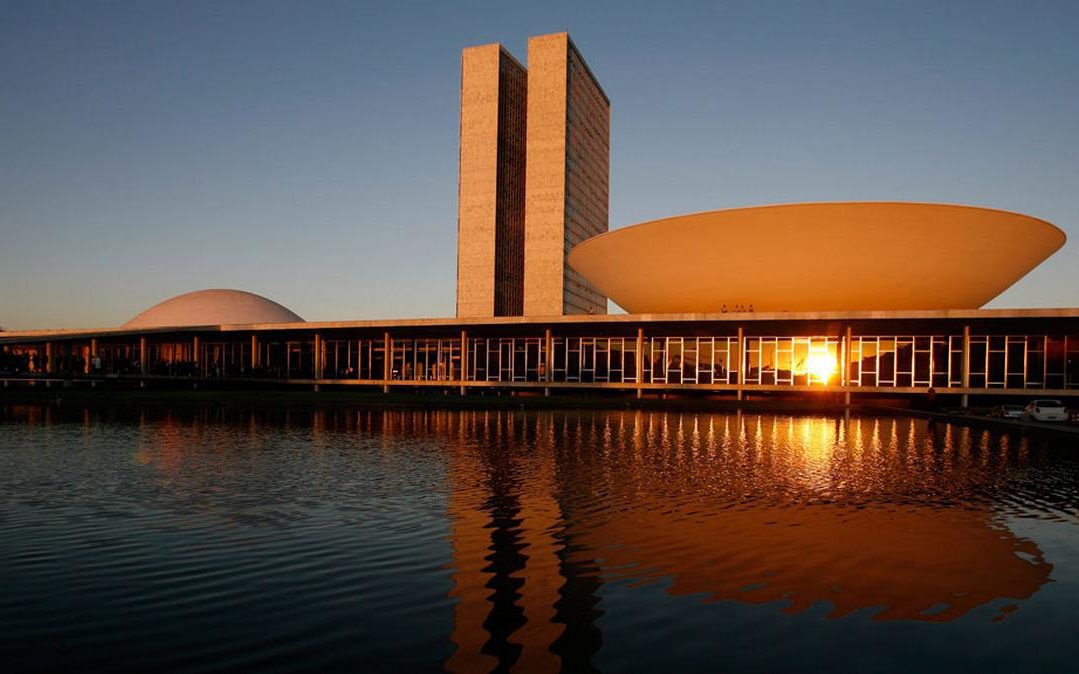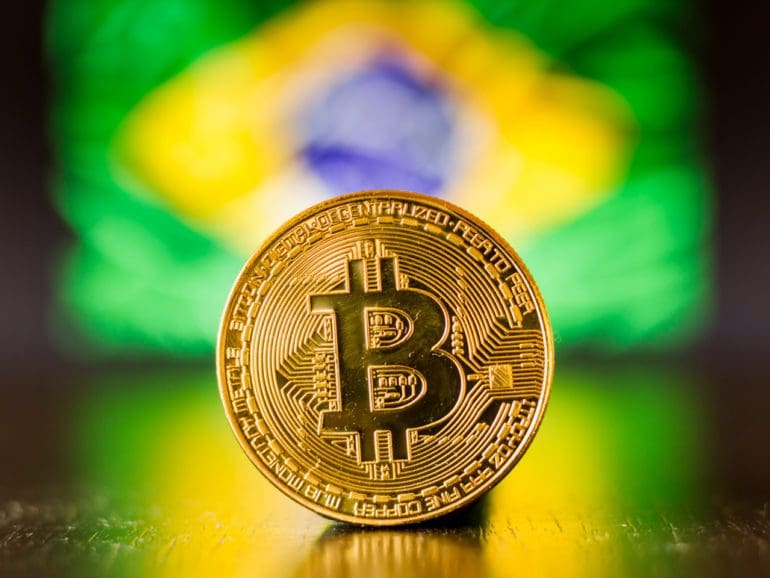After seven years of deliberation, the Brazilian Chamber of Deputies approved a bill regulating the crypto sector in the largest nation in Latin America. The proposal, which formalizes the sector under Brazilian law, is now awaiting sanction by President Jair Bolsonaro.
For many players in this market, the new law brings greater legal certainty for investors and companies working with these assets.
According to the text, after the sanction, companies will have 180 days to adapt to the new rules when the law comes into effect.

The formalization of the sector
The law registres a new crime of specialized fraud in virtual assets, which will carry a penalty of between two and six years of prison and a fine, and stipulates the creation of a license for “virtual service providers,” which must be applied for by companies in the sector, such as exchanges and other intermediary companies trading in crypto-assets.
In addition, the supervision of matters related to this market will be under the competence of specific regulatory bodies. Under the bill, crypto assets considered securities would fall under the purview of the Securities and Exchange Commission (CVM). In contrast, assets that do not fall into this category will be the responsibility of another body to be appointed by the Executive Branch. However, sources familiar with the matter indicate that this task will most likely be delegated to the Central Bank.
This was not the only recent attempt to direct the crypto market in Brazil. Faced with the delay by Congress in approving the new law, the CVM published advice to the market with guidelines on investments in crypto assets that are considered securities this year. In the document, the regulator also presents the limits of regulatory action, indicating possible ways to regulate, supervise and discipline market agents.
Asset segregation and transparency
In April this year, the Brazilian Senate had already approved the law, but it had been stuck in the House of Representatives for months. This is because there was no consensus on some points of the text, mainly on asset segregation.
For months, Brazilian crypto brokerages defended the item’s entry in the regulatory text, while some foreign companies operating in Brazil, such as Binance, were against it. The controversial mechanism provided for separating the assets of investors and the exchanges themselves, ensuring that companies would not use the values, serving as protection for investors.
In recent weeks, the FTX crisis has again raised the debate about the segregation of assets after it was discovered that the company used customer funds to carry out its operations and those of its subsidiaries.
Some players in this market argue that, with the segregation, the customers’ equity would be guaranteed in case of a brokerage failure, facilitating the return of the invested capital. On the other hand, exchanges contrary to the measure argue that the point was not evident in the original text approved in the Senate and that the segregation could prevent the operation of standard yield products in the crypto environment, such as staking.
Related:
Enhancing security in the crypto sector
The FTX crash had a very relevant impact in Brazil, and many local investors started to urgently demand the regulation of the crypto market — which has been growing exponentially in the South American country in recent years.
Another interest for the immediate approval of the law was in ensuring that the sanction of the regulation would occur before the change of government to solidify the Central Bank’s role as supervisor of this market in Brazil. This issue would not be a priority under the government of President Luiz Inacio (Lula) da Silva.
According to Zetta, an association of technology companies operating in the digital financial services ecosystem, the approval of crypto regulation can improve security for the segment. It represents an important step for developing this market at the local and regional levels.
“It is a win for consumers who wish to transact with virtual assets and now with legal protection. Companies operating in the crypto economy also win, facing a scenario of greater regulatory transparency. Brazil comes out ahead in a contemporary global debate and places itself among the nations with the greatest regulatory maturity regarding the cryptocurrency market,” the institution said in a statement.


